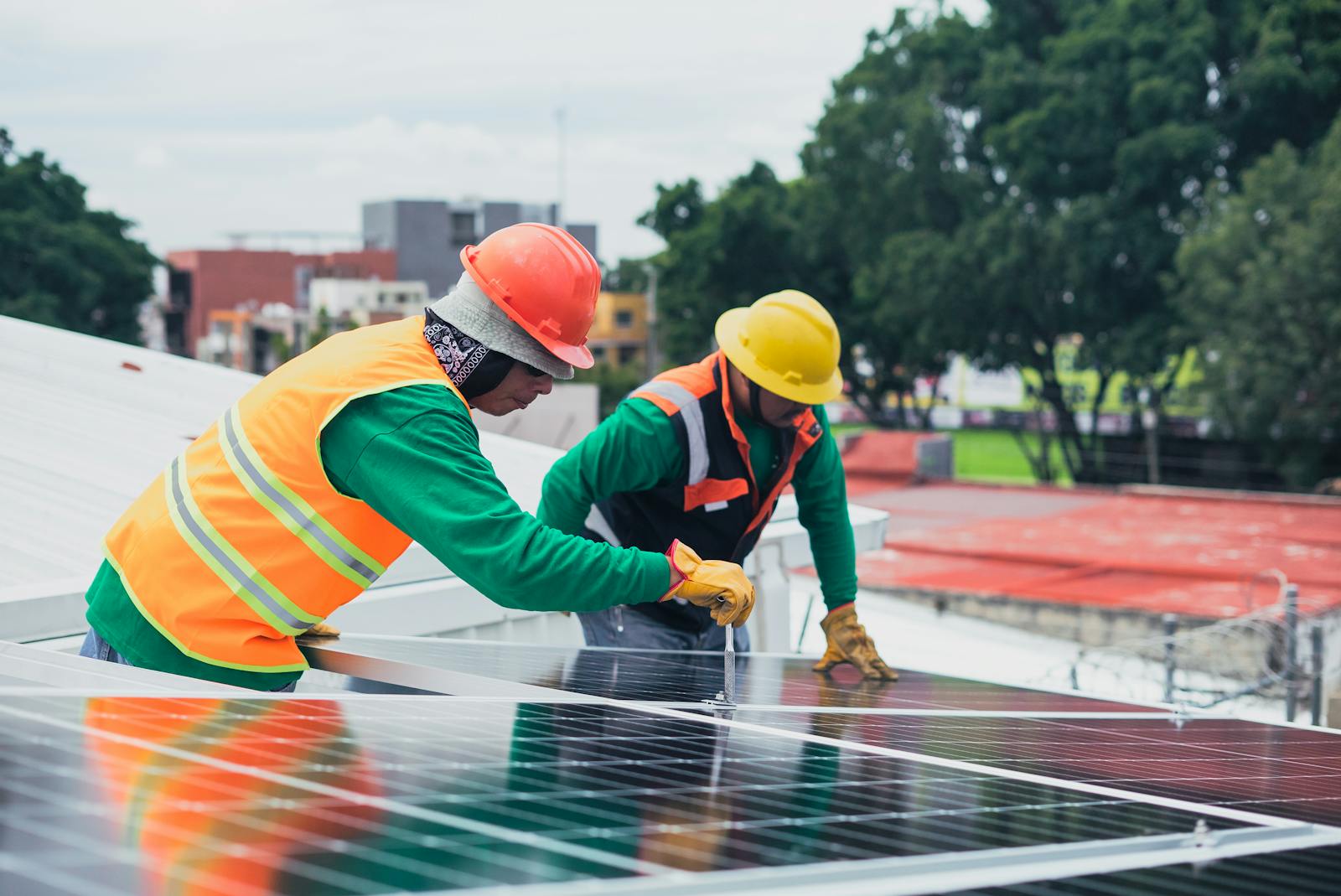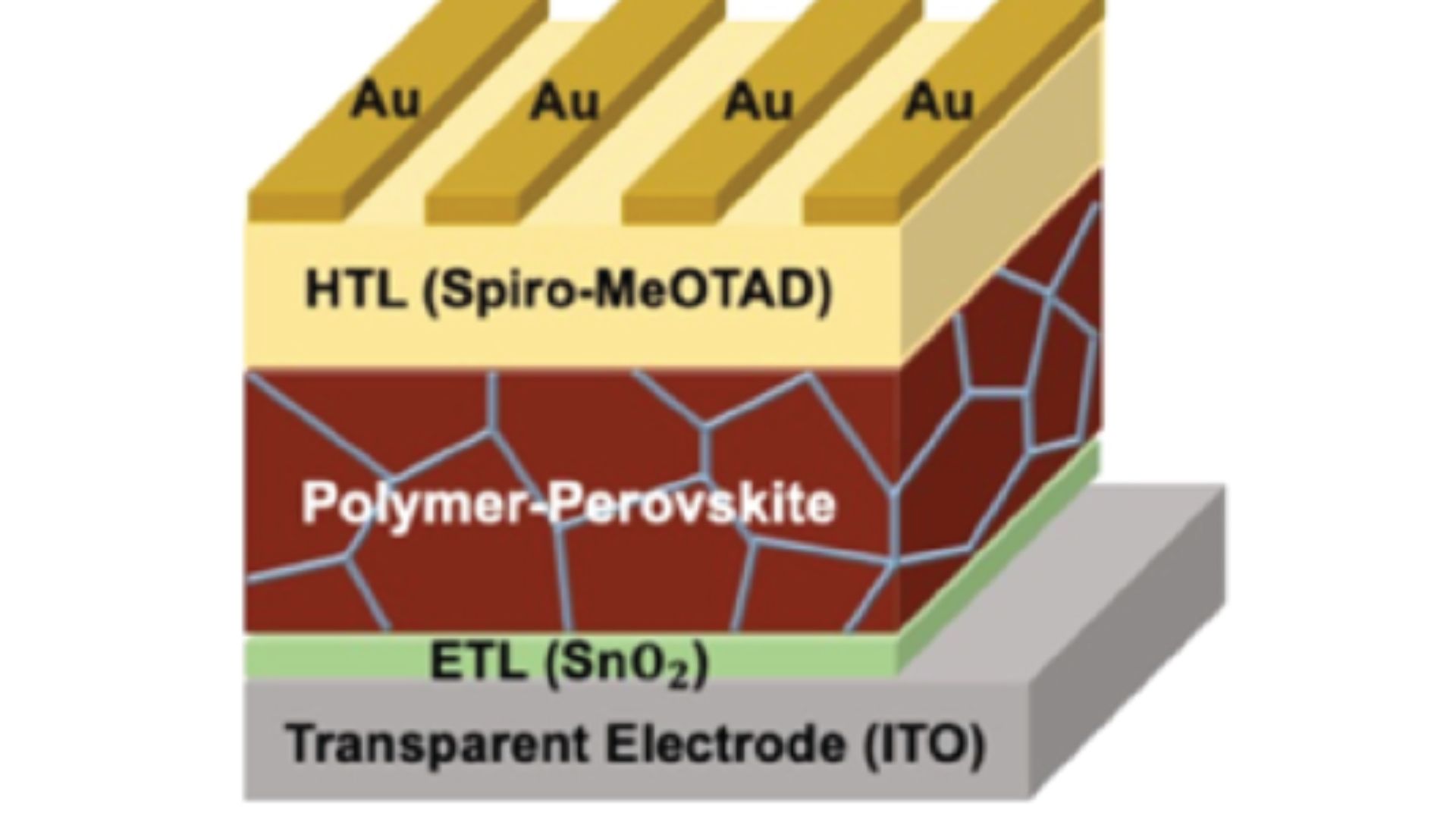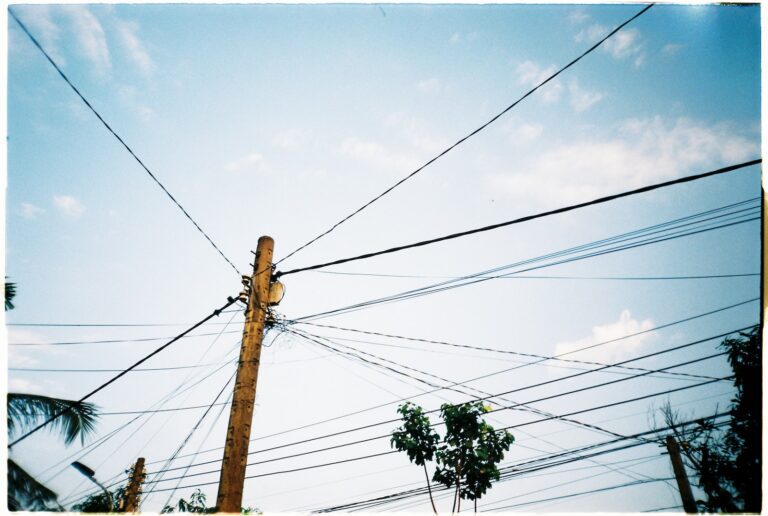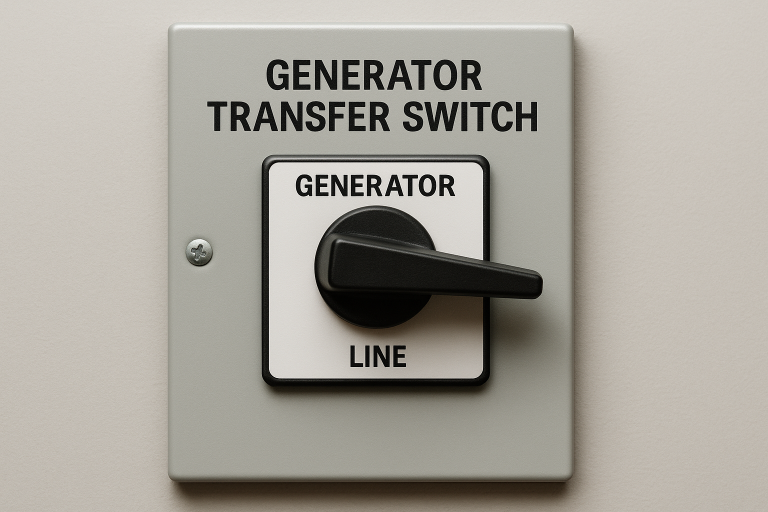Denver Solar Incentives: Unlock Maximum Savings
If you’re a Denver homeowner pondering solar panels, you’re not just thinking about energy — you’re thinking about independence, savings, sustainability, and future-proofing your home. And you’re absolutely right to do so.
Denver isn’t just sunny — it’s strategically sunny. With over 300 days of sunshine annually, rising electricity rates from Xcel Energy, and Colorado’s aggressive climate goals, installing solar panels isn’t just a “green” choice — it’s one of the smartest financial decisions you can make in 2024.
But here’s the catch: incentives are changing fast. The clock is ticking on the biggest solar tax credit in U.S. history. Programs are filling up. Policies are evolving. And misinformation is everywhere.
That’s why we created this comprehensive, fact-checked, no-fluff guide — updated for 2024 — to walk you through every solar incentive available in Denver, how much you’ll actually save, critical deadlines, hidden local rebates, and a step-by-step roadmap to claim it all.
Let’s dive in.
Why Denver Is a National Solar Powerhouse (And Why Timing Matters)
1. Abundant, High-Altitude Sunshine = Maximum Energy Production
Denver sits at 5,280 feet — literally a mile high — which means less atmospheric interference and more intense sunlight. Even in winter, when other states see solar production plummet, Denver systems keep humming. On average, a Denver rooftop generates 20–30% more solar energy than the same system in coastal cities like Seattle or Boston.
Translation? Faster payback, bigger savings.
2. Rising Electricity Costs = Solar = Price Protection
Xcel Energy rates have climbed over 35% in the last decade. And with Colorado’s population booming and grid demands increasing, those hikes aren’t slowing down.
Solar lets you lock in your energy rate for 25+ years. Once your system is paid off — typically in 7–8 years — you’re essentially generating free electricity for decades. No more bill shocks. No more rate hikes. Just predictable, clean power.
3. Environmental Leadership + Home Value Boost
Colorado aims to cut greenhouse gas emissions by 50% by 2030 and reach 100% renewable energy by 2040. By going solar, you’re directly contributing to that goal — shrinking your carbon footprint and aligning with community values.
Plus, studies from Zillow and the Lawrence Berkeley National Lab show homes with solar panels sell for 4.1% more on average — and faster. In Denver’s competitive market, that’s thousands of extra dollars in your pocket.
The Crown Jewel: The Federal Solar Tax Credit (Residential Clean Energy Credit)
This is the single most powerful incentive for solar in America — and it’s still available at 30%… for now.
What It Is
The Residential Clean Energy Credit (formerly known as the Investment Tax Credit or ITC) allows you to deduct 30% of your total solar installation cost — including panels, inverters, labor, permitting, and even battery storage — from your federal income taxes.
Real-World Example
For a typical $20,000 solar system, that’s a $6,000 credit — not a deduction, not a rebate — a direct reduction of your tax liability. If you owe $8,000 in federal taxes that year, you’ll only pay $2,000.
Critical Deadline Update
Contrary to outdated articles still circulating online, the 30% credit does NOT expire in 2023 or 2024.
Thanks to the Inflation Reduction Act of 2022, the 30% rate is locked in for systems installed through December 31, 2032.
Wait — what?
That’s right. The 30% federal credit is available for systems placed in service by the end of 2032. After that, it drops to 26% in 2033, 22% in 2034, and expires for residential systems in 2035 unless extended again by Congress.
So why the urgency?
Because while the credit lasts longer than many realize, other local incentives — like Xcel’s Solar*Rewards or battery rebates — have limited funding and are filling up fast. Plus, supply chain delays and installer backlogs mean the sooner you start, the sooner you lock in today’s pricing and programs.
Colorado State Solar Incentives: Permanent, Powerful, and Often Overlooked
Colorado doesn’t mess around when it comes to solar-friendly policy. Two major state-level incentives are permanent and apply to every homeowner:
1. State Sales Tax Exemption
You pay zero Colorado state sales tax (2.9%) on your entire solar system — panels, inverters, racking, batteries, even installation labor.
On a $20,000 system, that’s $580 back in your pocket — upfront.
2. Property Tax Exemption
Adding solar increases your home’s resale value — but under Colorado law (C.R.S. 39-3-122), that added value is completely exempt from property tax assessments.
So your home value goes up. Your taxes stay the same. That’s a win-win.
Denver-Area & Utility Solar Incentives: The Hidden Gems
While the City and County of Denver doesn’t currently offer its own direct solar rebate (as of 2024), don’t stop reading. The real goldmine lies with your utility and neighboring municipalities.
Xcel Energy: Denver’s Primary Utility — Multiple Programs Available
Solar*Rewards Program (Performance-Based Incentive)
This isn’t a one-time rebate — it’s a monthly payment based on how much energy your system produces. You get credited directly on your bill for every kilowatt-hour generated.
Important note: The income-qualified tier of this program is closed for 2025 due to overwhelming demand. The general program remains open — but funding is limited. Apply early.
Renewable Battery Connect (Battery Storage Incentive)
Adding a battery? Xcel will pay you $350 per kW of storage capacity — up to $5,000 — plus an annual participation incentive for letting them access your battery during grid emergencies.
This is one of the most generous battery incentives in the country — and it pairs perfectly with solar for backup power and maximizing self-consumption.
Community Solar Gardens
Can’t install panels? No problem. Subscribe to a local solar garden (often within 25 miles of your home) and get bill credits for your share of the energy produced. No roof required. No maintenance. Just savings.
Perfect for renters, shaded homes, or HOA-restricted properties.
Local Rebates — Don’t Overlook These!
Many Denver metro counties and cities offer their own cash-back programs — often stacking on top of state and federal incentives.
Boulder County
Through EnergySage, residents can claim a $200 instant rebate. Income-eligible homeowners may qualify for additional grants covering up to 80% of system costs.
Fort Collins Utilities
Offers $200 per kW for solar installations and $150 per kWh for battery storage — and these can be combined with other programs.
Other Municipalities
Lakewood, Arvada, Longmont, and Jefferson County all have active or seasonal solar incentive programs. Always check:
- Your city’s sustainability or energy office website
- DSIRE.org (Database of State Incentives for Renewables & Efficiency)
- Your installer — reputable companies track local rebates and handle applications for you
Net Metering: Your Secret Weapon for Year-Round Savings
Net metering is the policy that makes solar financially viable in the long term. Without it, excess solar energy would go to waste — or be undervalued.
How It Works in Denver (Xcel Energy)
When your panels produce more power than you use (common on sunny afternoons), the excess flows back to the grid. In return, you earn bill credits.
At night or during cloudy days, you draw from the grid — using up those credits instead of paying full price.
Xcel’s Two Net Metering Options
- Dollar-Based Net Metering (Default)
Credits are calculated in dollars and roll over indefinitely. You’re credited at the full retail rate — the same rate you pay for electricity. This is the most valuable option. - kWh-Based Net Metering (Optional)
Credits are tracked in kilowatt-hours and “trued up” annually. Any leftover kWh at year-end are paid out at a lower, avoided-cost rate (about 3–4 cents/kWh). Less valuable — only choose this if you expect to overproduce massively year-round.
Pro tip: Most homeowners benefit more from dollar-based net metering. Ask your installer to model both scenarios.
What Does Solar Actually Cost in Denver?
Let’s cut through the marketing fluff. Here’s what real Denver homeowners are paying — before and after incentives.
Average System Size: 6.4 kW
This size typically offsets 100% of an average Denver home’s electricity usage (about 700–800 kWh/month).
Average Gross Cost: $18,923
That’s $2.96 per watt — well below the national average of $3.20/W, thanks to Denver’s competitive installer market and high solar adoption.
After 30% Federal Tax Credit: $13,246
That’s your net cash outlay if you pay upfront.
After Adding State Sales Tax Exemption: ~$12,666
You save an extra $580 off the top.
Payback Period: 7–8 Years
Thanks to Denver’s sun, net metering, and layered incentives, most homeowners recoup their investment in under a decade.
Lifetime Savings: $40,000–$70,000+
Over 25 years, factoring in avoided utility bills and inflation (electricity rates rising 3–5% annually), your solar system becomes a serious wealth-building asset.
How to Claim Your Solar Incentives: A Step-by-Step Plan
Don’t let paperwork scare you off. A good installer handles 90% of this for you. Here’s how it works:
Step 1: Get 3–5 Quotes from Certified Installers
Look for NABCEP-certified installers — the gold standard in solar. Check Google Reviews, EnergySage, and the Better Business Bureau. Ask about their experience with Xcel interconnection and local rebate applications.
Step 2: Choose Your Financing
Options include:
- Cash purchase (highest long-term savings)
- Solar loan (monthly payments often less than your old electric bill)
- Colorado RENU Loan (low-interest, energy-efficiency focused loan through local lenders)
- Lease or PPA (less common now — you don’t own the system, so you forfeit tax credits)
Pro tip: If you don’t owe enough in federal taxes to use the full 30% credit in one year, you can carry it forward for up to 5 years.
Step 3: Apply for Utility & Local Rebates
Your installer will submit applications for:
- Xcel’s Solar*Rewards or Battery Connect
- City/county rebates (e.g., Boulder, Fort Collins)
- Interconnection agreement with your utility
Timing matters — some programs are first-come, first-served.
Step 4: Install & Inspect
Installation typically takes 1–3 days. Then your city and utility inspect the system. Once approved, you’re granted “Permission to Operate” (PTO).
Step 5: Claim Your Federal Tax Credit
After PTO, file IRS Form 5695 with your next year’s tax return. Keep all receipts and your installer’s documentation. The credit applies to the tax year your system was activated.
Example: System turned on in November 2024? Claim the credit on your 2024 taxes, filed by April 2025.
Bottom Line: Is Solar in Denver Worth It ?
Unequivocally, yes.
Even after correcting outdated expiration dates and clarifying program availability, the financial case for solar in Denver has never been stronger.
Between the 30% federal tax credit (good through 2032), permanent state tax exemptions, utility performance payments, net metering, and rising electricity costs, solar delivers:
- 7–8 year payback
- 20+ years of nearly free electricity
- Increased home value
- Energy independence
- Climate impact
The real urgency isn’t the federal credit expiring – it’s the local programs running out of money, supply chain delays, and installer backlogs pushing projects into 2025.
Starting now means you lock in today’s pricing, secure your spot in incentive programs, and begin saving before winter rate hikes hit.
Final Disclaimer
Solar incentive programs change frequently — sometimes monthly. Utility caps fill up. Tax laws evolve. Municipal budgets shift.
Always consult:
- A certified, local solar installer (NABCEP preferred)
- A qualified tax professional (especially if claiming large credits)
- Your city’s energy office or sustainability department
- DSIRE.org — the nation’s most reliable database for solar incentives
Denver’s solar future is bright. Make sure you’re part of it — wisely, confidently, and with full knowledge of every dollar available to you.




